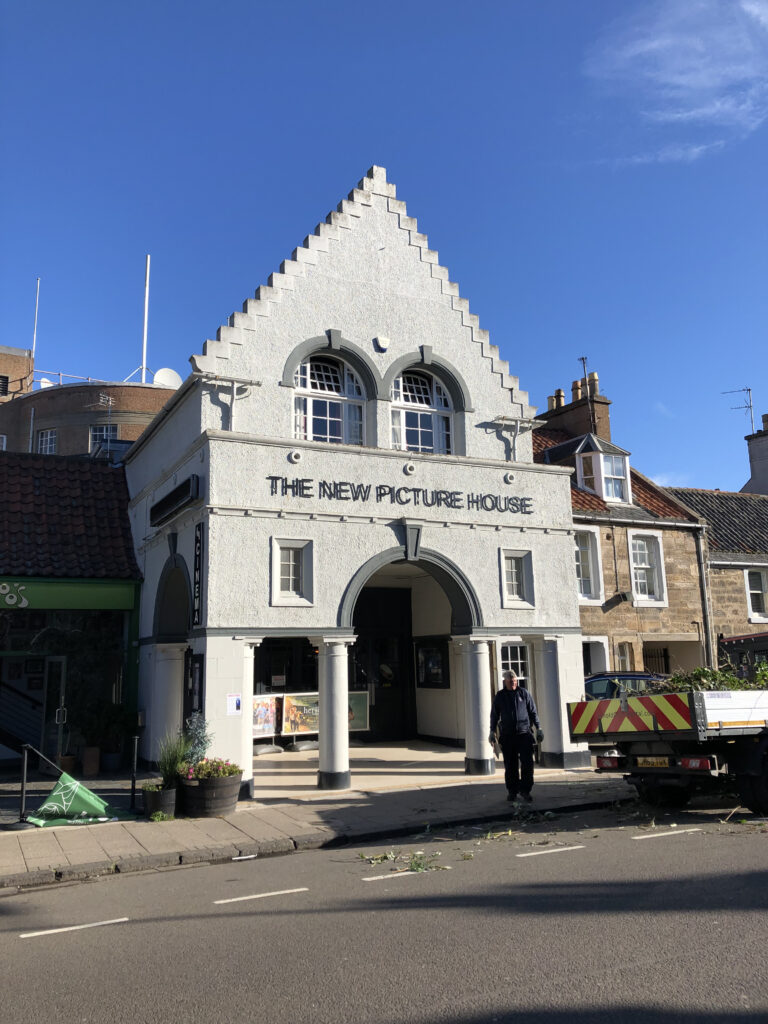Recently released on Rakuten TV (you can download it for free) is a documentary film backed by the R&A about the great Seve Ballesteros, who died 10 years ago this year at the age of 54. Called Seve: Artist Fighter Legend, it was directed by David White and Joss Holmes and over the course of 100 minutes it provides a captivating insight into the career and life of one of the most dynamic personalities who ever swung a golf club – a man who won five major championships and did more than anyone else in the 1980s to revitalise interest in the previously flagging fortunes of the Ryder Cup.
The story is told by members of his family and inner circle, by other sporting greats and by himself via newly unearthed material, notably tape-recorded interviews he gave during the course of his time in the limelight. It is a mesmerizing tale of talent, belief and bravery delivered by a cast of characters which includes his ex-wife, Carmen, his three children, his brother Manuel, eminent golfers – in order of appearance, Johnny Miller, Gary Player, Nick Faldo, Rory McIlroy, Bernhard Langer, Paul Azinger, José Maria Olazábal, Colin Montgomerie and Tom Lehman – and the Spanish superstar tennis player, Rafa Nadal.
The involvement of the R&A was not only helpful for the film’s makers in getting the co-operation of the interviewees but it was fitting: victory in the 1984 Open at St Andrews, the home of the R&A as well as the ‘Home of Golf’, was the personal highlight of Seve’s career. In the film, Carmen says: “At the Open, I loved watching the crowds enjoy watching Seve”, and his fans will enjoy the treatment given to that putt on the final hole, which makes it somewhat reminiscent of the television footage of the famous Tiger Woods’ chip shot on the 16th hole of the 2005 Masters, when the ball’s inevitable momentum into the cup was stalled for a second as if to give a plug to its manufacturer.

The Ryder Cup is featured prominently, as one would expect. Azinger says: “Seve was the dragon we had to slay”; Lehman describes Seve’s extraordinary golf against him in the singles on the last day at Oak Hill in 1985 as “the greatest nine holes ever played”. Ballesteros lost that encounter but Europe won the match. “We’d won, and we’d won for him, like any Ryder Cup when Seve was on the team,” says Colin Montgomerie. “You played for him.”
But the film does not solely reflect the glory days. Nadal speaks well about Seve’s disappointment at the lack of acknowledgment of his achievements in Spain. “You really want to be recognised and loved in your home,” he says, “because that’s where you live and where you belong.” An emotional Langer says: “Seve wouldn’t let anyone get close to him. I wish we had grown older together, like I have with other guys…I tried a couple of times but he wasn’t ready yet and then he didn’t live long enough to give me another chance.” Faldo suggests something sad, too, when he speaks of Seve perhaps never being able to enjoy his triumphs; of not enjoying the feeling of gratitude – ”I just feel he never found that word,” he says.
Seve’s brother Manuel recalls how in the latter days Seve used to do what he did as a kid – sneak on to the course at Pedrena in the dark. “Seve went to the golf course at night,” he says, ”to try to remember the past. To try to find the magic.” He never did find it again, of course. Instead he fell ill with a brain tumour. But this film will indeed remind you of the magic Seve brought to golf.
